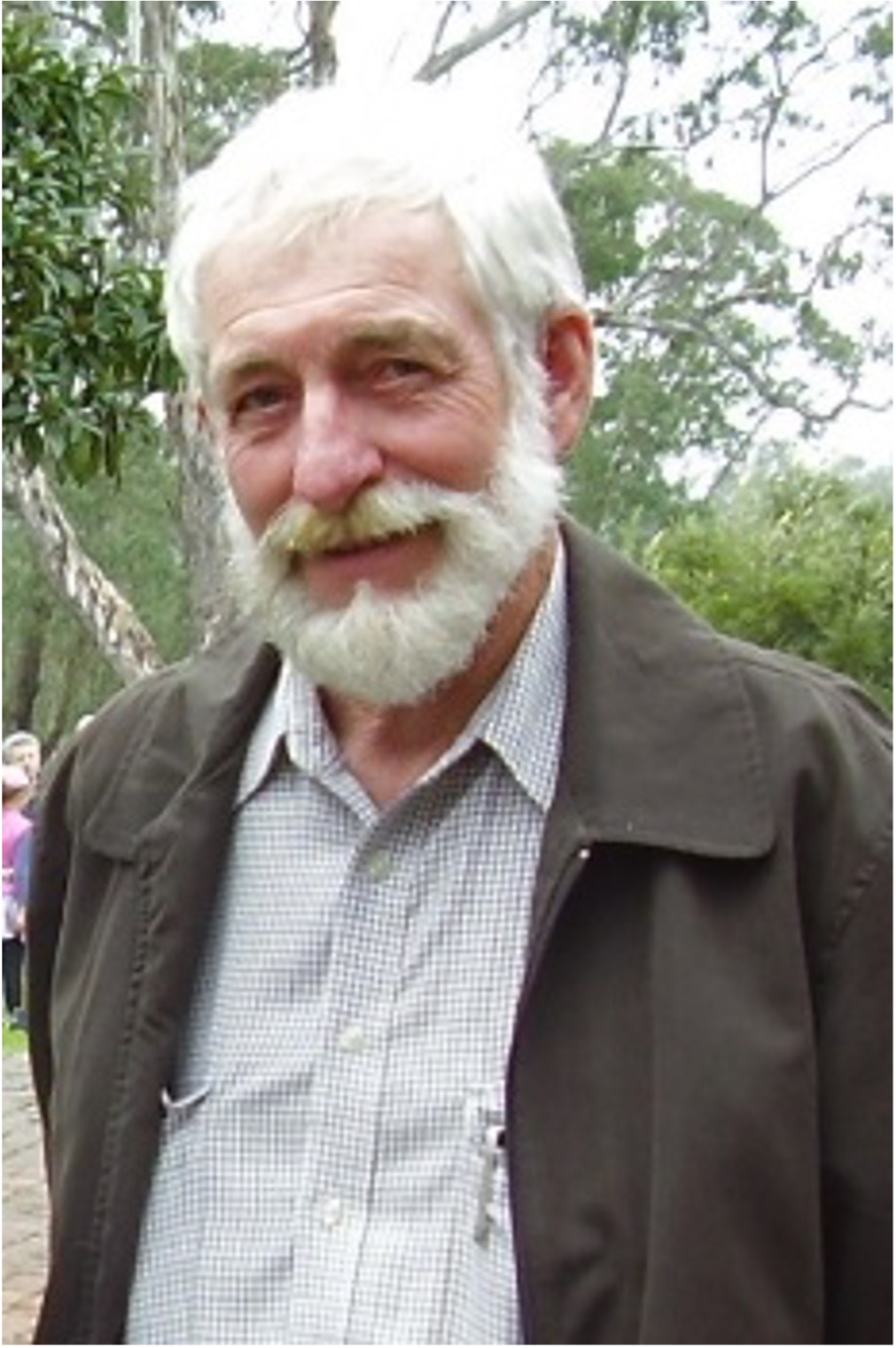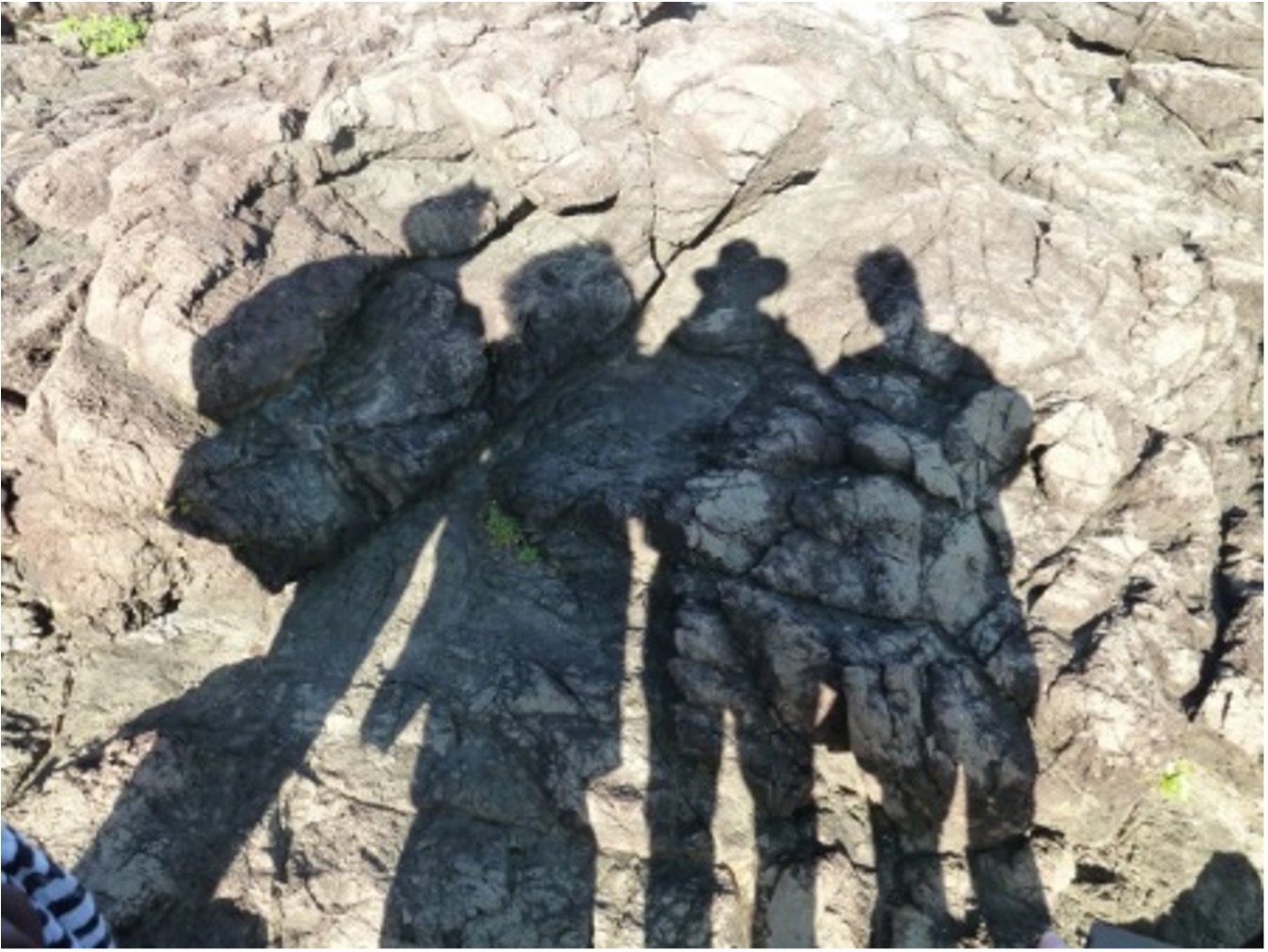It’s WORLD POETRY DAY, Monday 21 March 2022 – Hooray!
This is the best excuse (if you ever need one) for spending the day with words and meaning.
For yourself, revisit the poems you remember from your own childhood – the ones that moved you, the lines you keep in your head somewhere, the vague ideas you remember. Rediscover them, for the sheer joy of the words.
You will have no trouble finding them. There is so much support for poetry online that a search for single phrase can easily locate the poem you remember.
Explore different poets. I have included some here that you may want to follow-up. Read poems silently, then aloud, then silently again to have more and more of the nuance revealed.
‘Requiem’
My father loved beach fishing, so that’s where we spent our annual holidays. Every morning Dad was out at the edge of the waves, long rod high above him, the line well out, past the breakers. He watched the sun come up every day, and by 7:30 or 8:00 am, when he got back to the tent, we kids might be stirring.
He’d arrive with a loud, ‘Home is the sailor, home from the sea,’ a remnant from his own school days. Then he’d add a jaunty bit of foolishness to carry the rhythm and rhyme, like ‘A knock at the door – it’s only me!’
Then we’d all be up and ready for the fresh fish breakfast. Mum would dust the bream, whiting, snapper or tailor with flour, one for each of us if they were the perfect size for a growing child, or to be shared. She’d fry them in hot butter for the exact amount of time necessary to whiten the flesh and crisp the skin. Fresh lemon juice; licked fingers, and the skeleton left on the side of the plate.
When my father became ill, and could no longer go fishing, I found the piece.
The final two lines from Robert Louis Stevenson’s ‘Requiem’ are now inscribed on the plaque on his final resting place:
Requiem
Under the wide and starry sky,
Dig the grave and let me lie.
Glad did I live and gladly die,
And I laid me down with a will.
This be the verse you grave for me:
“Here he lies where he longed to be;
Home is the sailor, home from the sea,
And the hunter home from the hill.”
Robert Louis Stevenson (1850-1894)
Students
I have spoken about poetry with your students in several blogs. It can be a challenge to start writing poems with your students.
Start by reading lots of different ones. Have them printed, laminated, in the book boxes on student desks. A couple of lines of gorgeous imagery can do wonders for a reluctant reader – these children especially need the beauty/joy/tragedy of perfect images captured for their own personal pleasure.
Talk about imagery, and when you are ready, settle down to a couple of sound ideas. Write poems.
‘Refrain Game’
I was introduced to the ‘Refrain Poem Game’ by Stephen Herrick, for writing poems ‘in a relaxed entertaining environment’, in a workshop some years ago.
Your topic can be something from your own lives, the playground, whatever. The topic is discussed a bit – students can talk to each other – you don’t have to control the talk, just listen.
Ask students to write a poem with the topic beginning each line. Herrick’s suggestion at the time was a topic such as ‘War is …’ There is currently a very real war on our screens every day, so this could be worthwhile, but with great care – we have many families which have been involved in those horrors. Many students may have knowledge of what ‘war’ can look like in video games, and bring those understandings to the topic.
Try a more local topic – ‘When I play football …’; ‘It’s raining again …’; ‘I love eating pizza …’, etc. Students will develop their own ideas.
What follows the topic is whatever the student wants to say – you can introduce poetic features such as imagery, rhyme, rhythm, short stanzas and creative punctuation as you all develop ideas together.
My Brother: I started my own Refrain Poem ages ago. I have added to it over the years as significant events happened to us.
The first line is repeated in each stanza, as the words reflected our growing.
I have a brother who’s older than me.
We have a billy-cart which my brother made.
He took the wheels off my pram that I had
When I was little.
He lets me steer it
and he pushes.
I don’t push fast enough.
We splash in puddles.
He’s 10 now.
It’s hardly great literature, but the ‘poem’ has become a record of our relationship.
I have to finish this poem now.
Other poets I know who use the idea of a repetitive structure include:
in stillness I lay …
in softness I lay …
in calmness I lay …
from ‘Owls’ (in ‘Inside my Mother’, Giramondo Publishing, 2015)
Mark van Doren has built the topic, ‘I mean’, into the beginning of stanzas as he tries to praise the things he loves in ‘Morning Worship’:
…
How shall I praise them:
All the sweet beings
Eternally that outlive
Me and my dying?Mountains, I mean; wind, water, air;
Grass, and huge trees; clouds, flowers,
And thunder, and night.Turtles, I mean, and toads; hawks, herons, owls;
Graveyards, and towns, and trout; roads, gardens,
Red berries, and deer.Lightning, I mean, and eagles; fences; snow;
Sunrise, and ferns; waterfalls, serpents,
Green islands, and sleep.Horses, I mean; butterflies, whales;
Mosses, and stars and gravelly
Rivers, and fruit.…
from Morning Worship, Mark van Doren
Reminder
PETAA’s 2022 Leading with Literacy Conference
This year’s title is from babble to Batavia and beyond.
When: October 21 and 22 from 8:30 am to 5:00pm AEDT
Where: The University of Sydney Holme Building, Science Road, UNIVERSITY OF SYDNEY 2050
Registration: is open now, for in-person or online attendance, or for ‘on demand’ access. ‘Extra Early bird’ registration is open until 31 March, ‘Early bird’ options are available until 24 June. Register here
This is a must for every educator- where have your students come from and where are they going? And how can you ensure they arrive at that desired end point?
Check out the PETAA Literacy Resources Portal for Early Career Teachers which helps celebrate this birthday.
Resources:
- Charles Edward Carryl’s ‘The Plaint of the Camel’ has repetition, rhyme, rhythm, use of punctuation to guide the reader, and is a bit of fun to use for innovation.
- ‘Teachers’ Notes: from the page to the stage’, by Stephen Herrick; ‘Young Australia’ workshop notes. (Young Australia Workshop produces in-school arts in education programs and theatre shows for schools throughout Australia. Check out their social media page here).
- Herrick’s poem ‘Sophie’ doesn’t have the ‘Refrain Game’ structure, but the poem is a good one to share with your students about the confidence gained from the importance of creating our own images.







